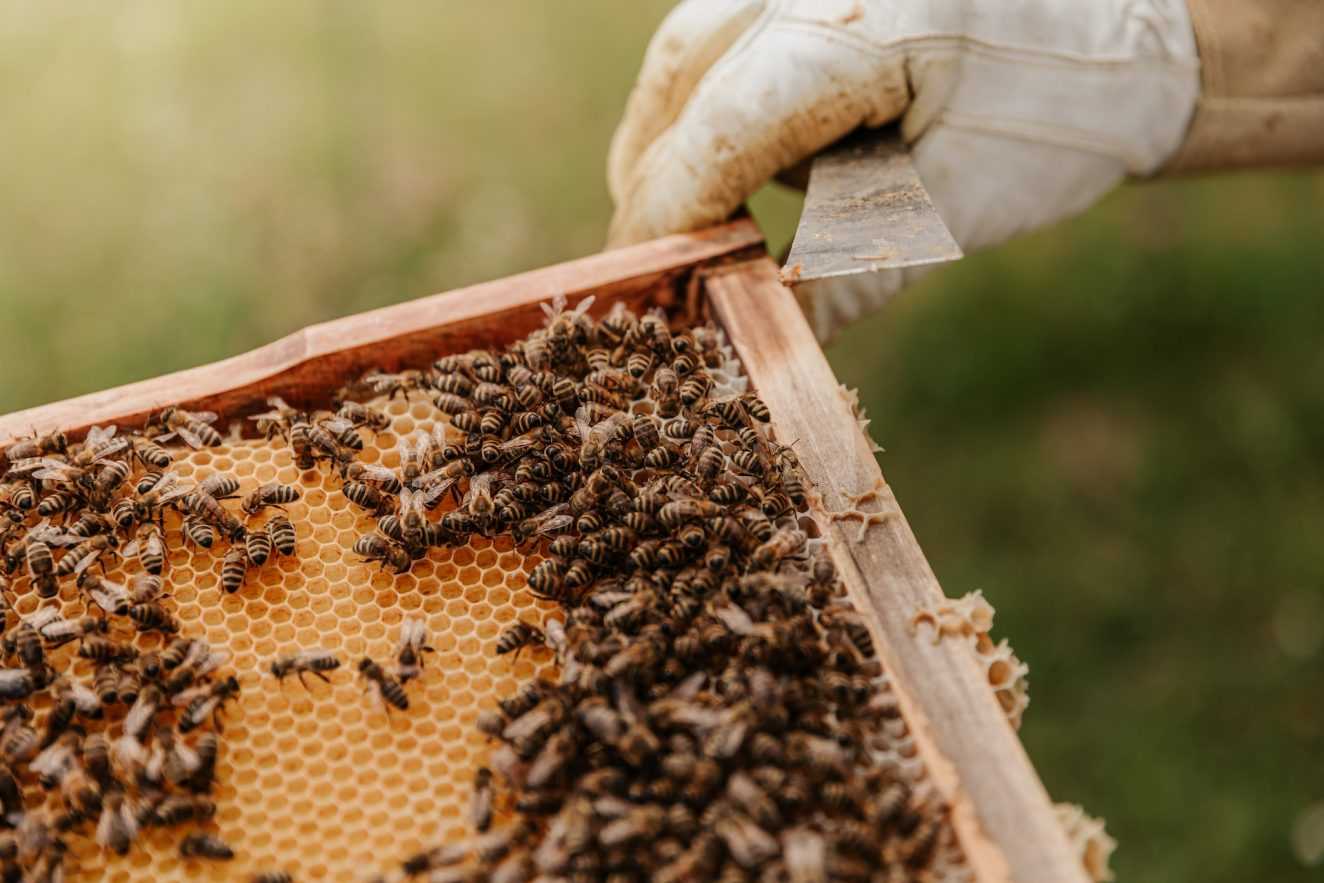In the world of tiny creatures, few are as important and fascinating as bees. These industrious insects are not only remarkable for their complex social structures and intricate behavior but also for their indispensable role in our ecosystem.
In this blog post, we will explore why bees are crucial to the environment, the significant impact they have on humans and our economy, and share some fun facts that will leave you buzzing with admiration.
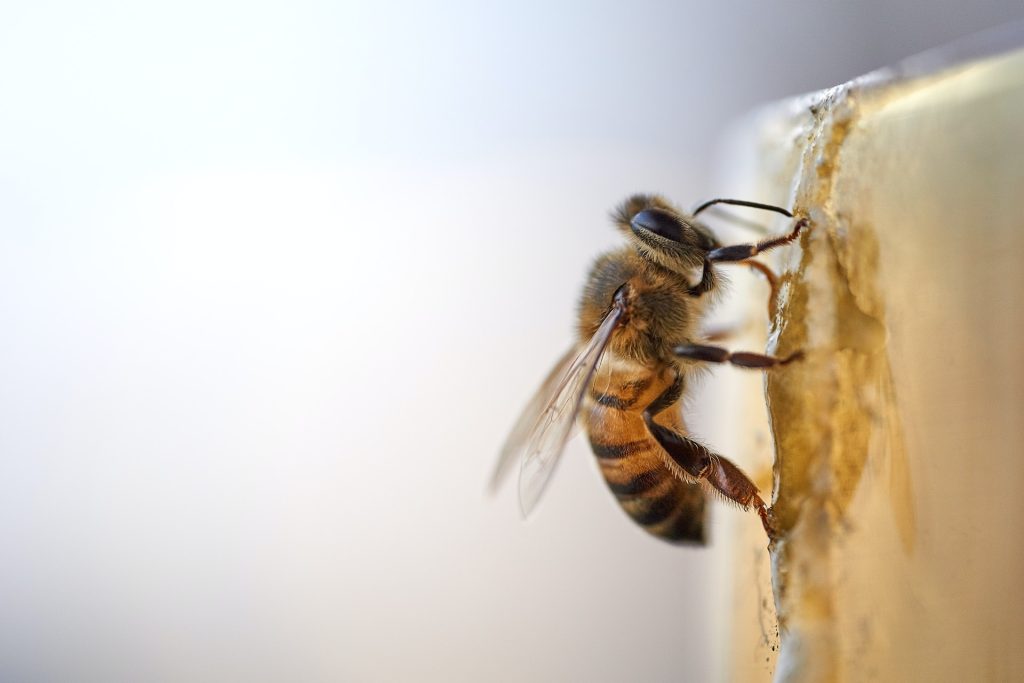
The Environmental Superheroes
Bees are often referred to as environmental superheroes, and for a good reason. They are the most efficient pollinators on the planet, facilitating the reproduction of countless plant species, including many of the fruits, vegetables, and nuts that make up a significant portion of our diets. Bees are responsible for pollinating approximately one-third of the world’s food crops, making them a linchpin in global food production.
Biodiversity Boosters
Bees aren’t just limited to our food crops; they play a pivotal role in supporting biodiversity. By pollinating wildflowers and other plants, bees help maintain diverse ecosystems. Many animals rely on these plants for food, and their survival is intricately linked to the presence of bees. Without bees, we’d see a domino effect of ecological disruption.
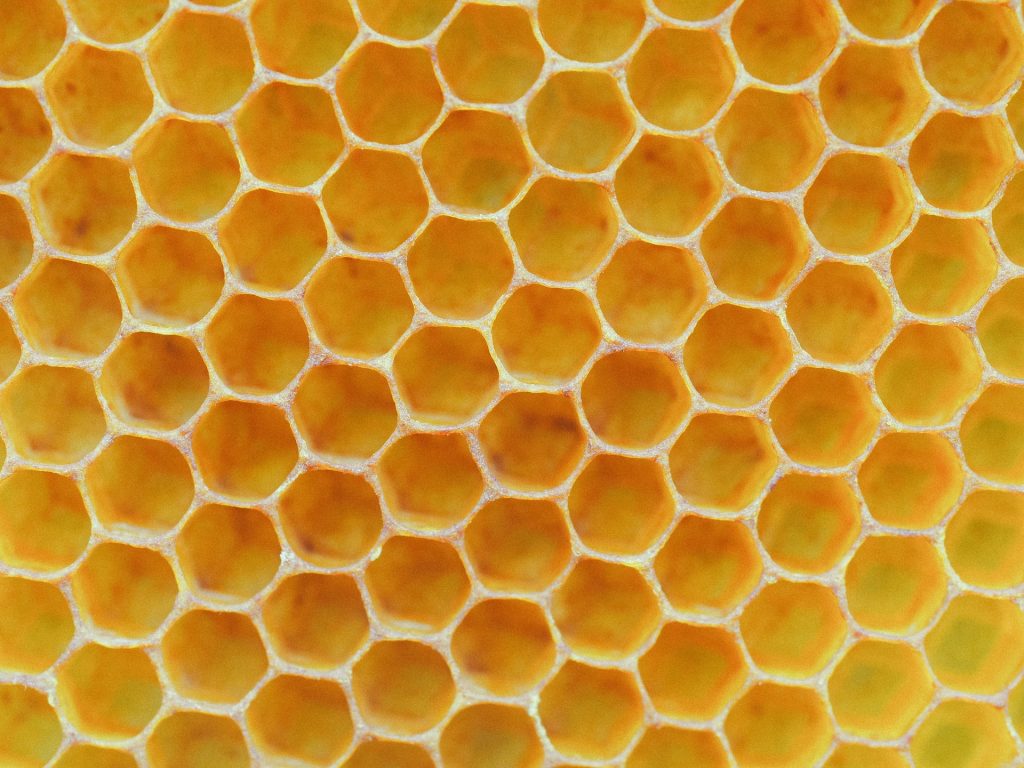
Economic Powerhouses
The economic significance of bees cannot be overstated. The global market value of crops dependent on pollinators is estimated at hundreds of billions of dollars annually. In the United States alone, honeybee pollination contributes to the production of fruits and nuts worth over $20 billion each year. Additionally, bees are vital in the production of cotton, which is used not only in textiles but also in various industries, including pharmaceuticals and food.
The Honey Bonanza
Honey, that sweet nectar produced by bees, is more than just a delicious natural sweetener. It has numerous health benefits, including antibacterial properties, wound-healing abilities, and allergy symptom relief. Bees collect nectar from flowers, transform it into honey, and store it in their hives, making it a truly remarkable product of nature.
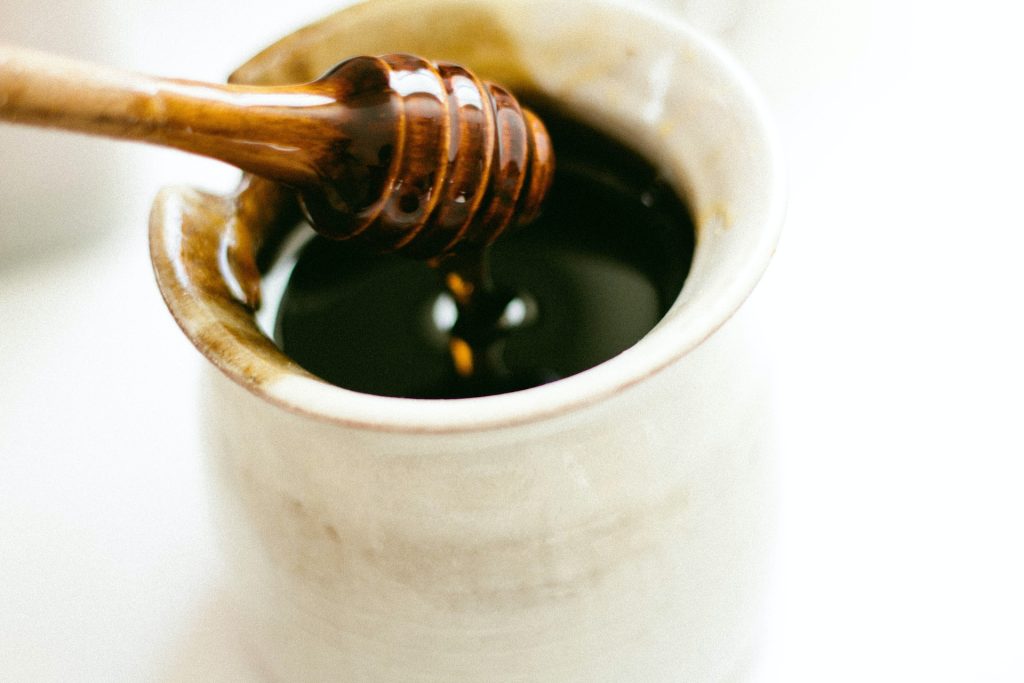
Fun Facts About Bees
Diverse Species
There are over 20,000 known species of bees worldwide, from the tiny stingless bees to the familiar honeybee.
Communication Skills
Bees communicate through intricate dances. The waggle dance is used to convey information about the location of food sources.
Short Lifespan
Most worker bees live only a few weeks during the summer. The queen bee, on the other hand, can live for several years.
Fast Flappers
Bees can flap their wings at an incredible rate of up to 200 times per second, allowing them to hover and fly with agility.
Complex Hives
A bee colony’s hive is a masterpiece of engineering, with hexagonal cells made of beeswax, carefully designed for storage and brood rearing.
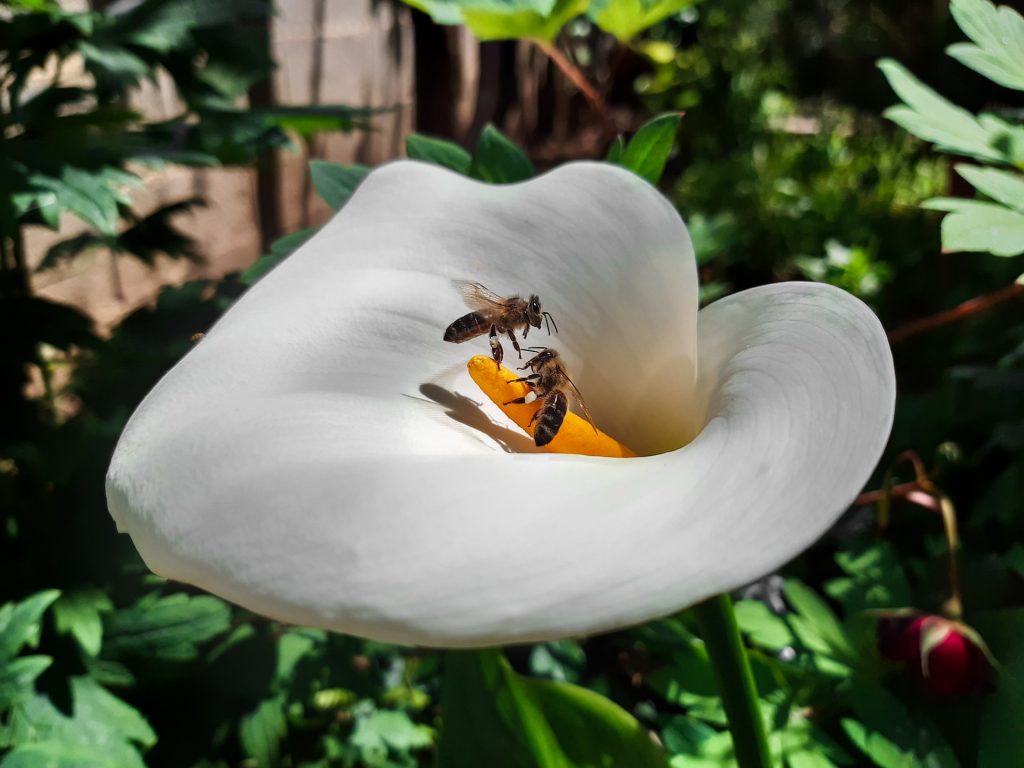
Bees are not just tiny creatures that buzz around flowers; they are indispensable allies in our fight for a sustainable environment and a thriving economy. The importance of bees in pollinating our food crops, supporting biodiversity, and contributing to various industries cannot be overstated.
As we learn more about these incredible insects, we gain a deeper appreciation for the vital role they play in our world. It is our responsibility to protect and preserve bee populations to ensure a vibrant and sustainable future for both nature and humanity.

